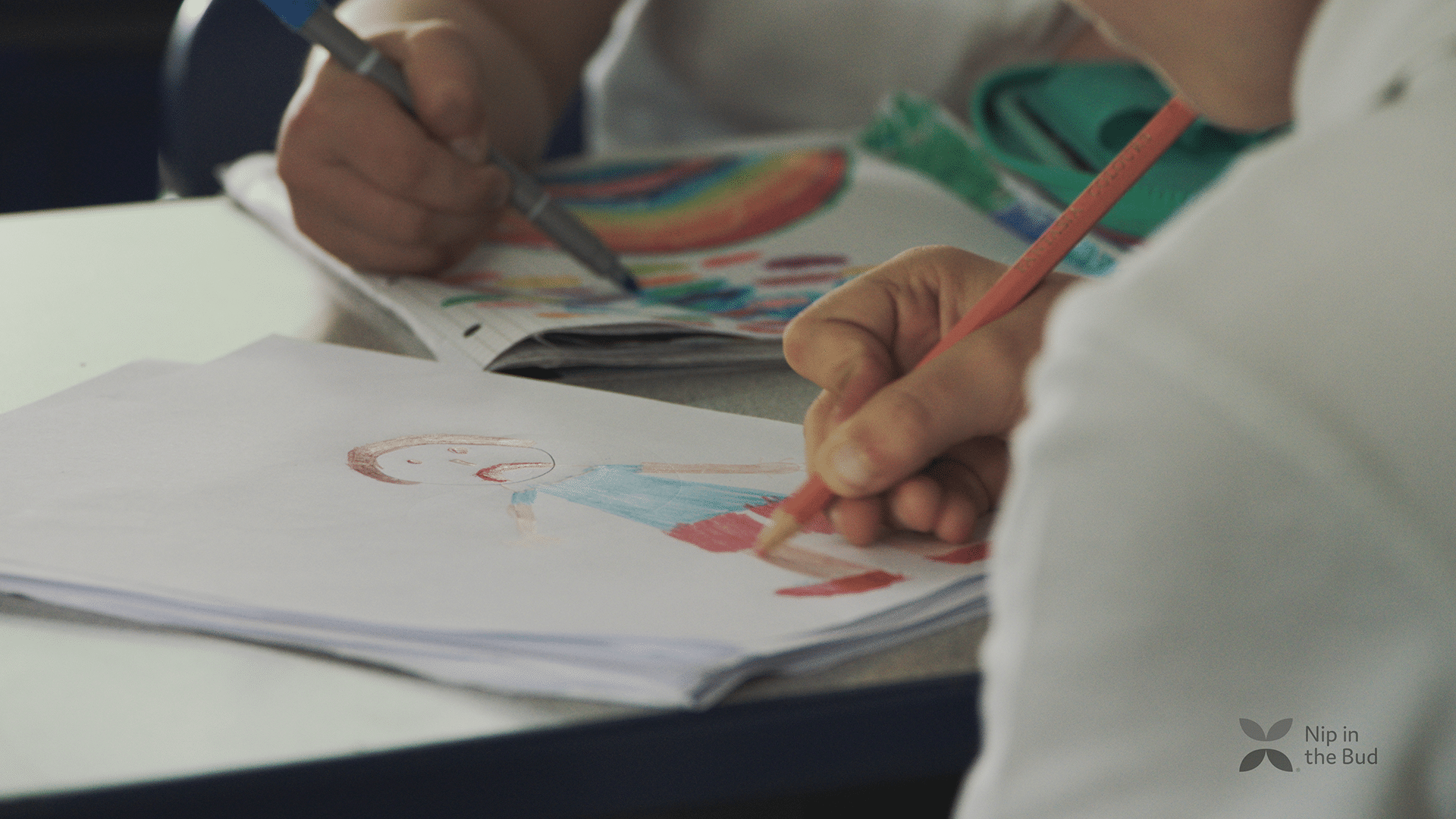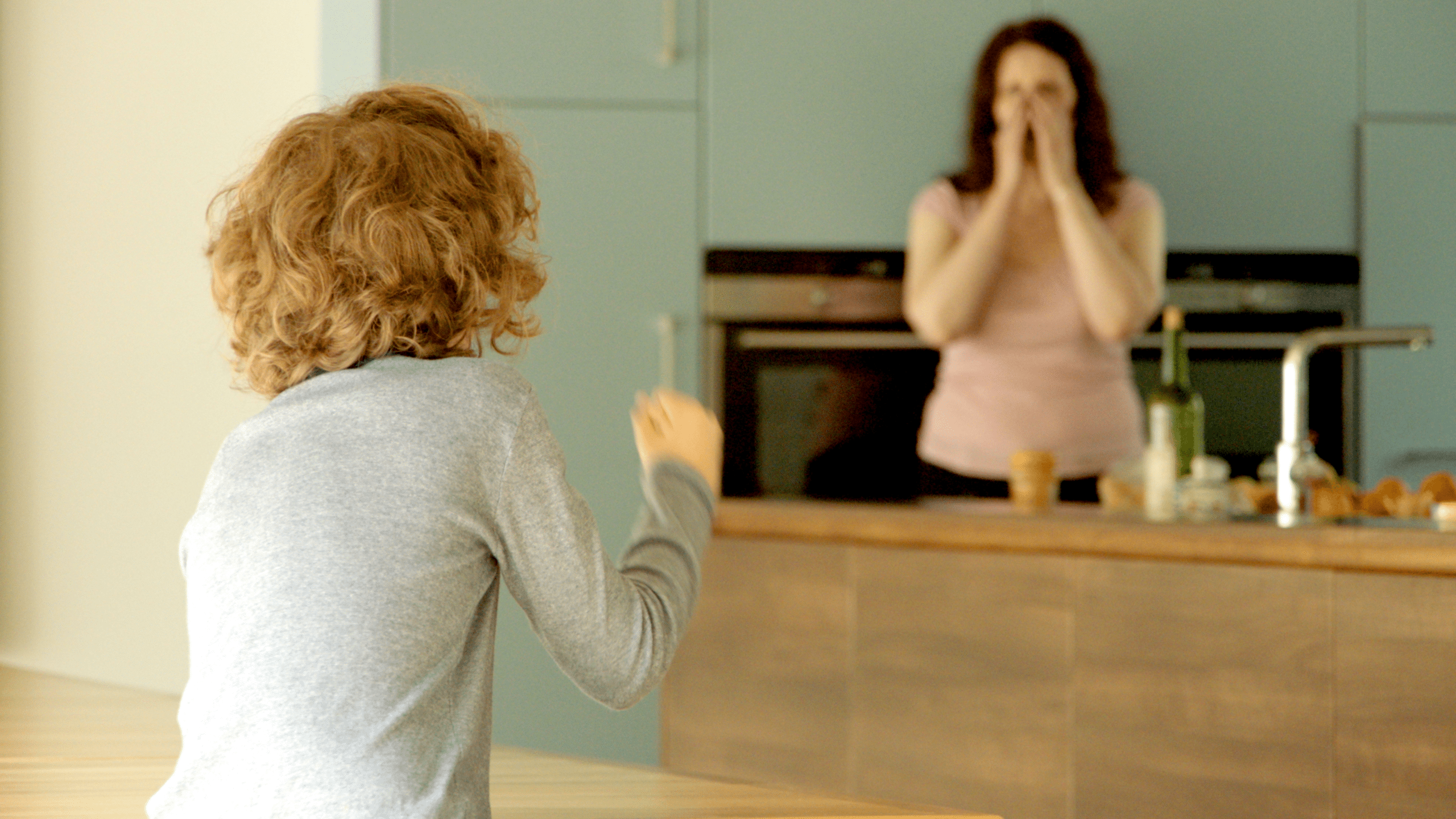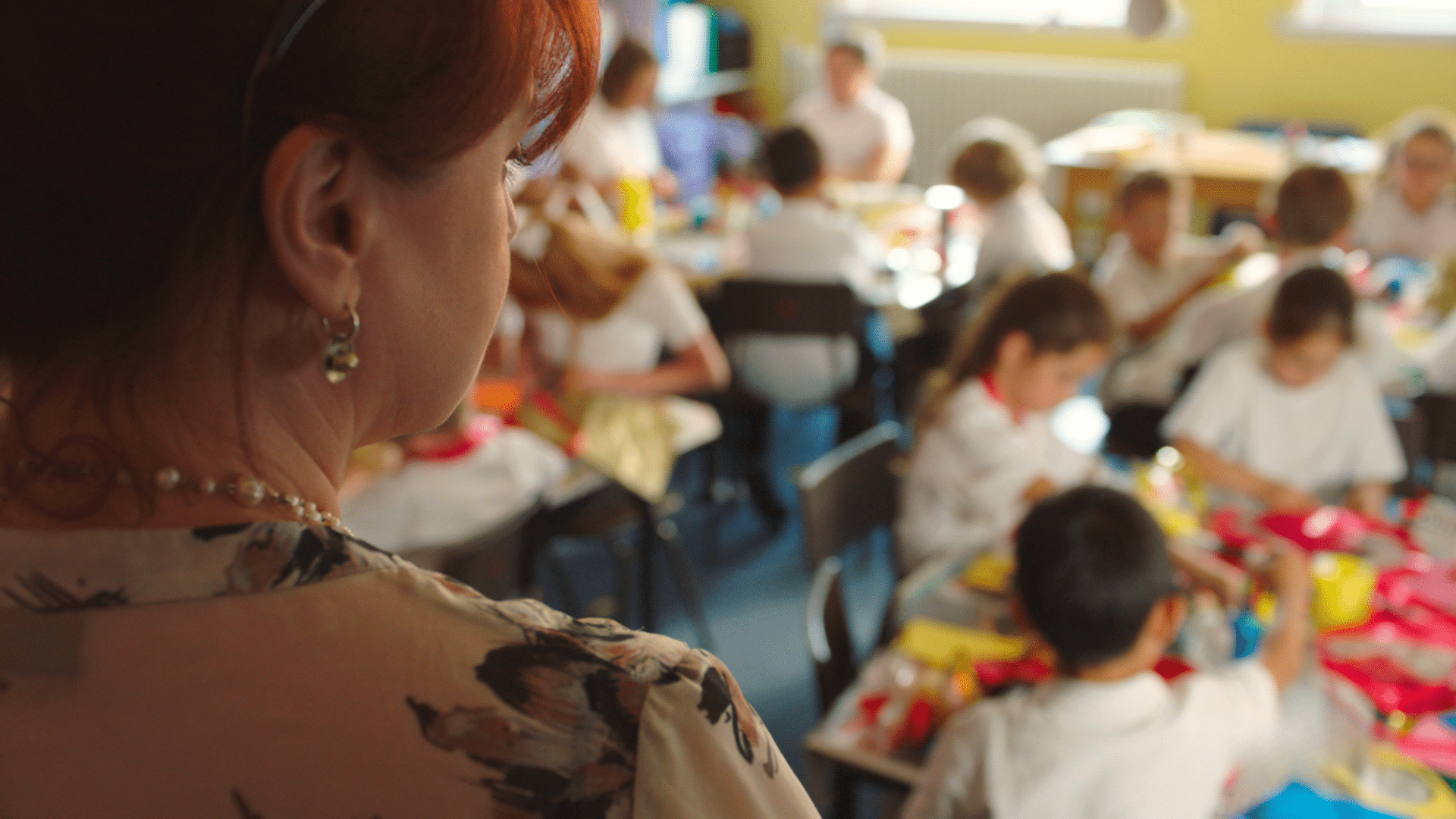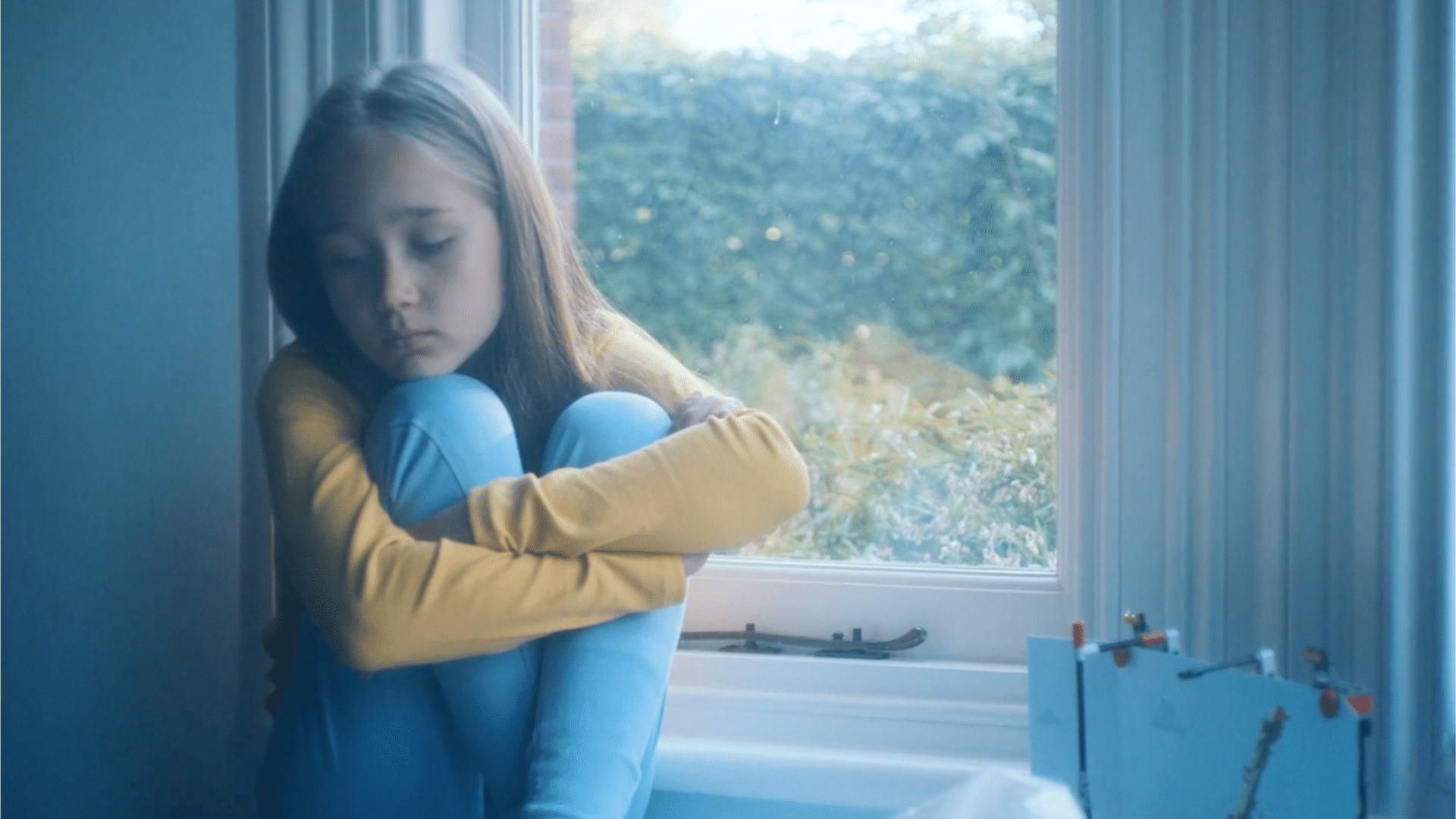
Trauma is related to how children experience a situation, not necessarily how serious we think it is from the outside.
Symptoms of trauma in children
When an experience has a lasting negative impact on a child’s wellbeing, we call this trauma. Trauma isn’t a mental health condition by itself, and many children will recover at their own pace. However, traumatic experiences can make it more likely that young people will develop a mental health condition in the future, which is why early intervention is so important.
If a child has experienced trauma, you might notice that they start to avoid certain situations, that their mood is less predictable, or that they get stomach aches and have difficulty sleeping. If these symptoms don’t get better within a few weeks then keeping a diary can help to see if there are any patterns; for example, if a child always feels sick on Monday mornings before school.
If children continue to feel unsafe or find it hard to move past a traumatic event, they might also be showing symptoms of post-traumatic stress disorder. Any young person can develop PTSD after trauma, and they might experience flashbacks, nightmares and physical symptoms which mimic how they felt at the time. Symptoms of PTSD can often be missed, for example if a child finds it hard to concentrate then they might be misdiagnosed with ADHD.
Causes of trauma in children
Some people assume that a situation has to be very extreme to be traumatic, for example if a child has experienced violence, abuse, injury or bereavement. The potentially life-changing impact of these situations can be obvious straight away, and children might feel numb or emotionally overwhelmed as they try to process what has happened.
However, it’s important to understand that trauma is related to how children experience a situation, not necessarily how serious we think it is. Something might seem trivial from the outside, but we might not realise that inside a child is feeling scared, embarrassed, alone or powerless. If we can’t see what’s going on and children feel unable to talk about it, then it will be much harder for them to access the support they need to process what has happened.
Children can also experience trauma from the accumulation of long-term stress. For example, a strict school environment can be very distressing for some young people, particularly if they already struggle with rules like uniform, when to go to the toilet, social situations or if they aren’t confident academically.
Challenges associated with neurodiversity, racism or identity may make it more likely that some young children will experience trauma. At least a third of young people in UK schools have experienced bullying, and this can have a long term impact on their feelings of trust and safety.
What can we do to help
Children might not want to discuss a traumatic experience at first, or even know how they are feeling. We can help them start to understand their emotions by talking, writing or drawing their memory of what happened, and by answering any questions they have.
Learning how to cope with difficult situations can be part of growing up, and short-term changes in mood or behaviour can also be normal when children are stressed. However, if things don’t improve then it’s a good idea to talk to a child’s school or GP to explore what’s going on.
Next steps
- Our Factsheet on Trauma in Children contains more practical steps for supporting children with trauma.
- To hear directly from young people talking about their experiences, watch our film, Trauma in Children.
- You might also be interested in our films on PTSD in Children.





